 The YaCy project is releasing version 1.0 of its peer-to-peer Free Software search engine, according to a news report posted today by the Free Software Foundation Europe. The software takes a radically new approach to search. YaCy does not use a central server, but compiles its search results from a network of independent peers, which currently stands at over 600 persons. In such a distributed network, no single entity decides what gets listed, or in which order results appear.
The YaCy project is releasing version 1.0 of its peer-to-peer Free Software search engine, according to a news report posted today by the Free Software Foundation Europe. The software takes a radically new approach to search. YaCy does not use a central server, but compiles its search results from a network of independent peers, which currently stands at over 600 persons. In such a distributed network, no single entity decides what gets listed, or in which order results appear.
The YaCy search engine runs on each user’s own computer. Search terms are encrypted before they leave the user and the user’s computer. Unlike conventional search engines, YaCy is designed to protect users’ privacy. A user’s computer creates its individual search indices and rankings so that results better match what the user is looking for over time. YaCy also makes it easy to create a customised search portal with a few clicks.
“Most of what we do on the internet involves search. It’s the vital link between us and the information we’re looking for. For such an essential function, we cannot rely on a few large companies, and compromise our privacy in the process,” says Michael Christen, YaCy’s project leader. “YaCy’s free search is the vital link between free users and free information. YaCy hands control over search back to us, the users.”
Each YaCy user is part of a large search network. YaCy is already in use on websites such as sciencenet.kit.edu, yacy.geocaching-portal.com and fsfe.org to provide a site-wide search function that respects users’ privacy. It contains a peer-to-peer network protocol to exchange search indices with other YaCy search engines.
“We are moving away from the idea that services need to be centrally controlled. Instead, we are realising how important it is to be independent, and to create infrastructure that doesn’t have a single point of failure,” says Karsten Gerloff, President of the Free Software Foundation Europe. “In the future world of distributed, peer-to-peer systems, Free Software search engines like YaCy are a vital building block.”
Everyone can try out the search engine at http://search.yacy.net/. Users can become part of YaCy’s network by installing the software on their own computers. YaCy is Free Software, so anyone can use, study, share and improve it. It is currently available for GNU/Linux, Windows and MacOS. The project is also looking for developers and other contributors.
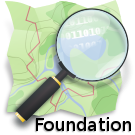 According to the OpenStreetMap Foundation blog, the organisation is growing fast, having just welcomed its 500,000th signed up user, and logged the 10,000,000th update to its map of the UK. The Foundation is a UK-registered not-for-profit organisation that supports the OpenStreetMap Project and some years ago, Bristol Wireless volunteers spent a pleasant day or so donating our time to the project when it came to Bristol.
According to the OpenStreetMap Foundation blog, the organisation is growing fast, having just welcomed its 500,000th signed up user, and logged the 10,000,000th update to its map of the UK. The Foundation is a UK-registered not-for-profit organisation that supports the OpenStreetMap Project and some years ago, Bristol Wireless volunteers spent a pleasant day or so donating our time to the project when it came to Bristol. 


 As part of the Government’s Autumn Statement, Chancellor of the Exchequer George Osborne yesterday announced that ‘world-leading’ (ahem! Ed.) commitments by the Government to open up public sector data will make travel easier and healthcare better and create significant growth for industry and jobs in the UK,
As part of the Government’s Autumn Statement, Chancellor of the Exchequer George Osborne yesterday announced that ‘world-leading’ (ahem! Ed.) commitments by the Government to open up public sector data will make travel easier and healthcare better and create significant growth for industry and jobs in the UK,  The
The 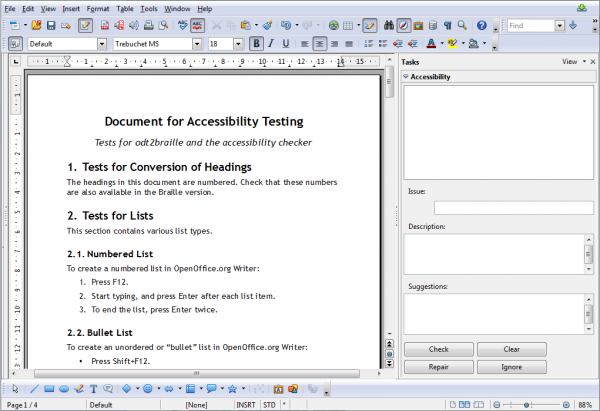
 To answer the question in brief, it’s a codename.
To answer the question in brief, it’s a codename.
 The
The 
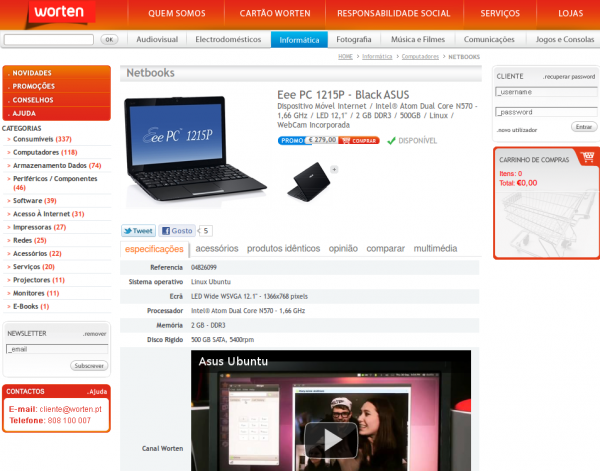
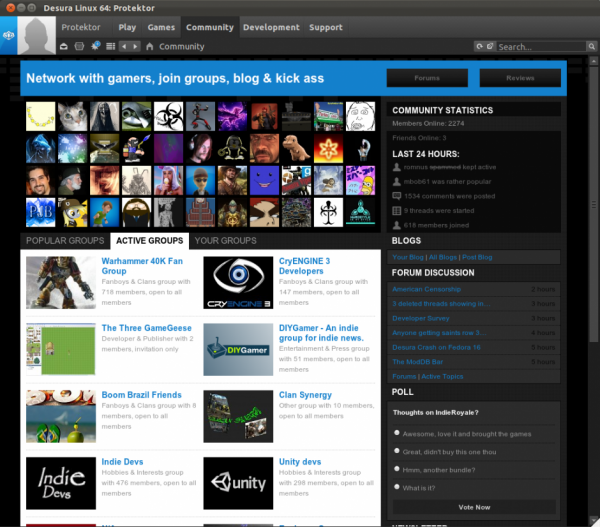
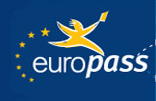 European universities and employment agencies are increasingly making use of a Europass Curriculum Vitae, an open standard for creating and managing CVs (that’s a résumé for our readers on the other side of the Atlantic. Ed.),
European universities and employment agencies are increasingly making use of a Europass Curriculum Vitae, an open standard for creating and managing CVs (that’s a résumé for our readers on the other side of the Atlantic. Ed.), 

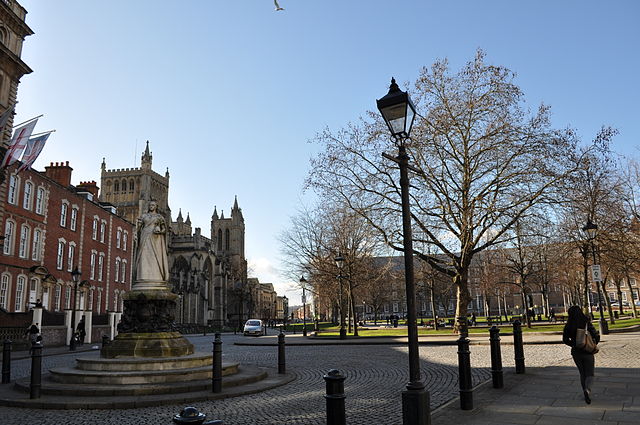
 However, for once we’re changing our usual philosophy and encouraging you to go and grab some collated dead tree printing matter from your local newsagent.
However, for once we’re changing our usual philosophy and encouraging you to go and grab some collated dead tree printing matter from your local newsagent.